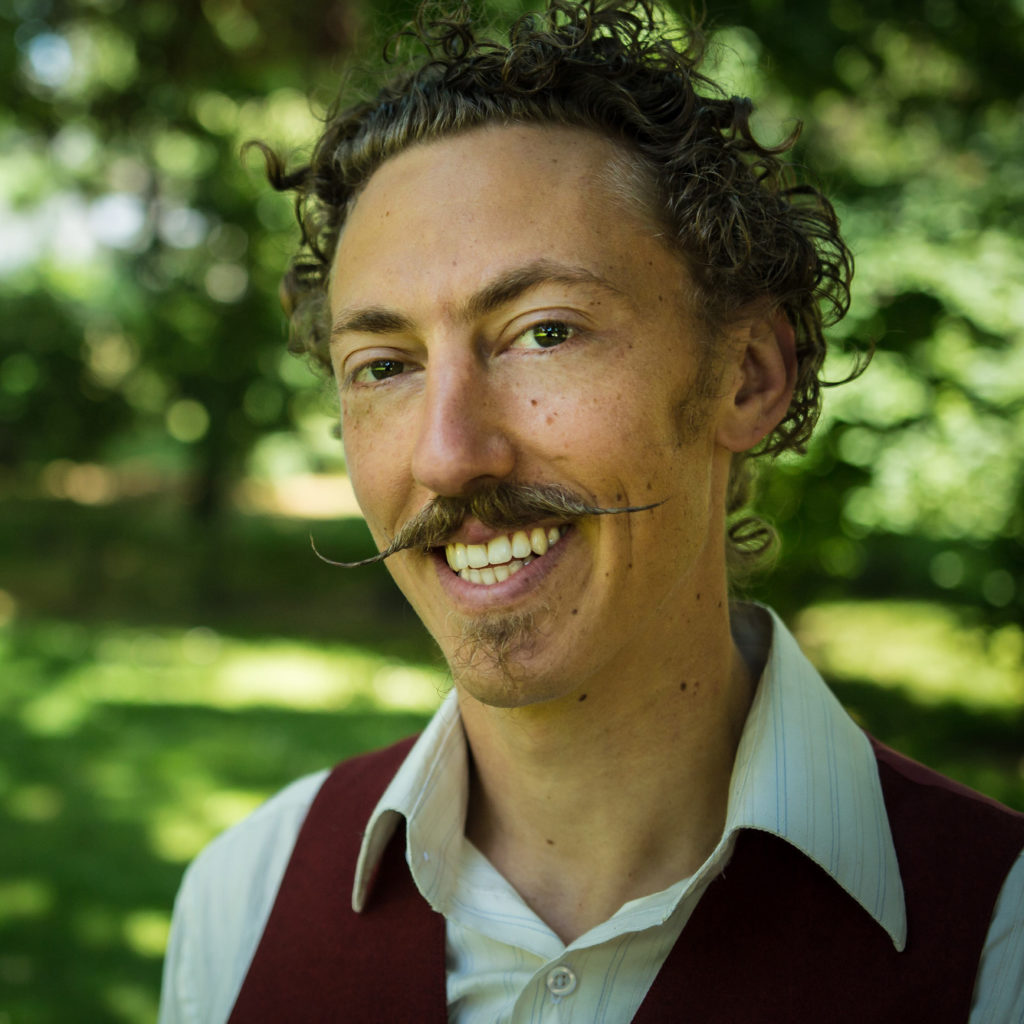
Dr Yogi Hale Hendlin is Sustainability Lead in the Design, Impact and Technology (DIT) platform, core faculty of the Dynamics of Inclusive Prosperity Initiative, and assistant professor in the Erasmus School of Philosophy, at Erasmus University Rotterdam. Yogi also serves as Research Associate in the Environmental Health Initiative at the University of California, San Francisco. As Editor-in-Chief of the interdisciplinary philosophy of biology journal Biosemiotics, which focuses on meaning-making in more-than-human organisms based on the work of C.S. Peirce, Jakob von Uexküll, and Gregory Bateson, Yogi thrives learning about the insane complexity of life, agency, consciousness, and interspeciality.
Yogi’s futurist visions have been profiled in Happinez magazine (NL) and at Het Nieuwe Instituut. Yogi’s extensive and diverse research of industrial epidemics – how the industrial model’s goods now come with disproportionate bads, undermining our environment and threatening our democracies and health – has been reported on by the BBC, The Guardian, National Geographic, TIME, and hundreds of other news outlets.
Colloquium Presentation: 4 November 2022 – 3:30-5pm (in-person)
Taking the Tripping out of Psychedelic Medicine is a Mistake
Abstract
A recent article in Nature proclaims the promise of “Taking the tripping out of psychedelic medicine: Drugs under development offer the mental-health benefits of psilocybin and similar substances without inducing strong hallucinatory effects.” There are many reasons why the current medical establishment would wish to take the trip out of tripping. Viewed as next generation SSRIs (selective serotonin reuptake inhibitors), engineered psychedelics are positioned to be the next big pharmaceutical breakthrough. Designer psychedelics (based on tryptamines or psilocybin, for example) may allow for shorter experiences, requiring less therapist time, or less hallucinatory experiences for those who fear them. However, the most parsimonious explanation for engineering psychedelics to be ‘safer’ for pharmaceutical companies is proprietary ownership over substances that otherwise are part of the global commons. By tweaking these substances, companies can control and manipulate the substances, and in so doing, patent them and create monopolies (which as Peter Thiel reminds us, is really a ‘good’ thing). In the end, one could say, it is all about money.
But is this conclusion too simple? Premature? This talk will describe how substance essentialism takes the ‘set-and-setting’ of global capitalism and its discontents out of the equation. Whereas a biopsychosocial model of health and illness takes into account how social forces cause disease, the aim of current pharmaceuticalized psychedelics research acts as a support for unsustainable social and environmental conditions. The turn to psychedelics as a last resort to keep people from shorting out from unbearable life conditions of domination, oppression, and ecological destruction, is accompanied by a movement to delete their emancipatory potential. The current financial-pharmaceutical nexus of interest in psychedelics, I argue, is largely aimed at sustaining unsustainable social structures (such as economic and social inequity and iniquity), rather than embracing psychedelics traditional purpose and social role as being socially, politically, and only concomitantly psychologically transformative. The final section of this essay brings in the Buddhist concept of Triple Gem: Buddha, Dharma, and Sangha to emphasize the social role of transformation and liberation inherent in psychedelics; aspects of experience that cannot and should not be engineered out, without consequence.